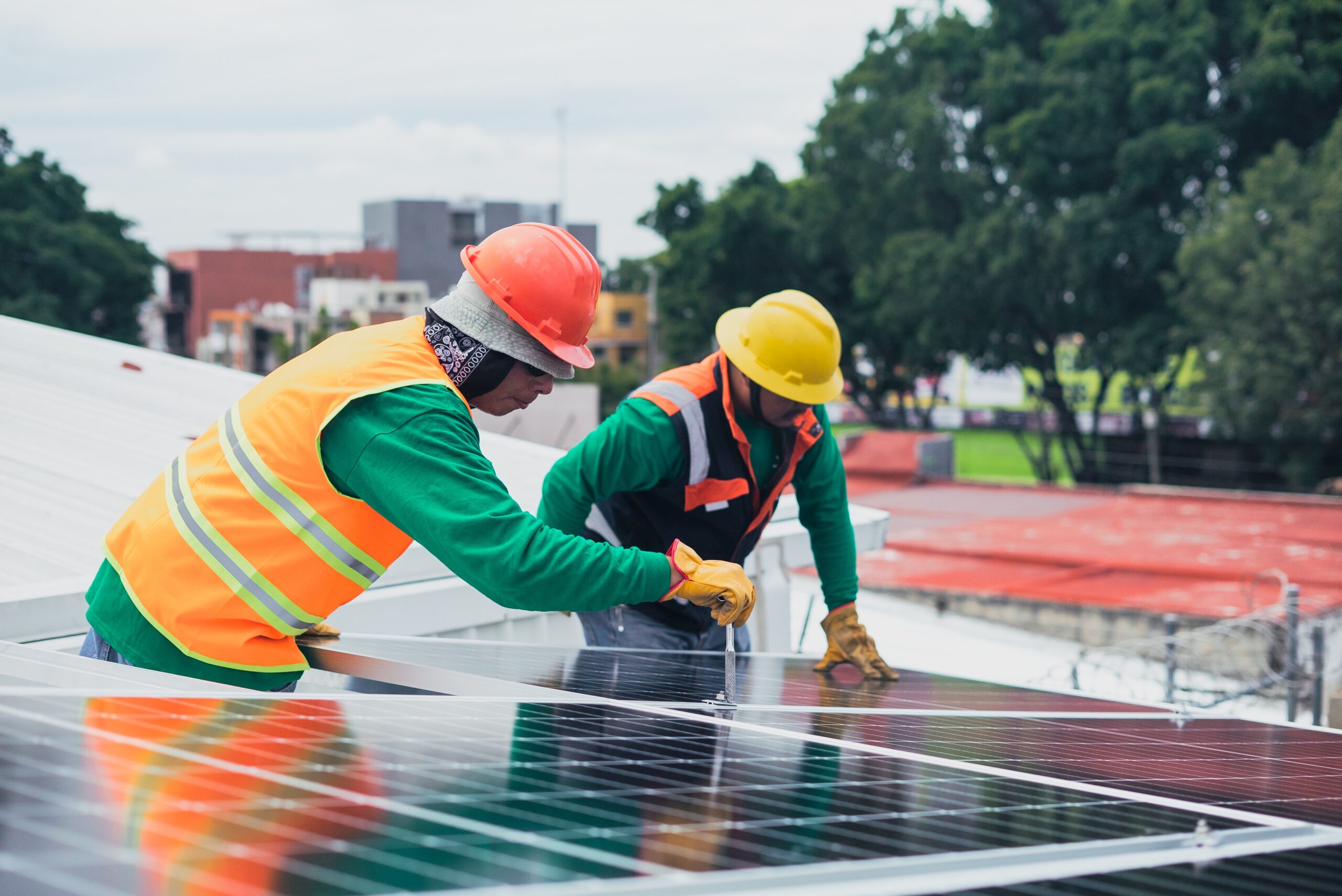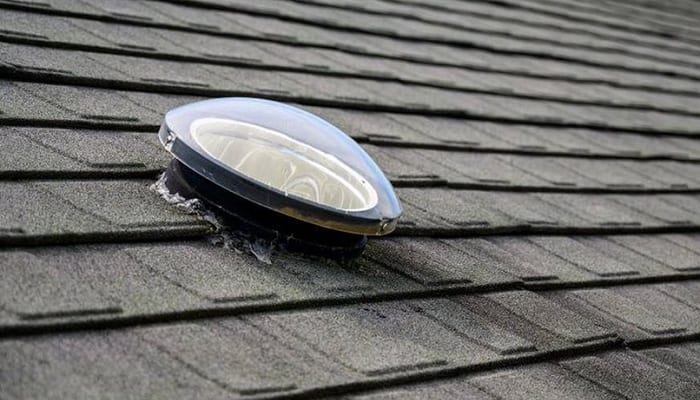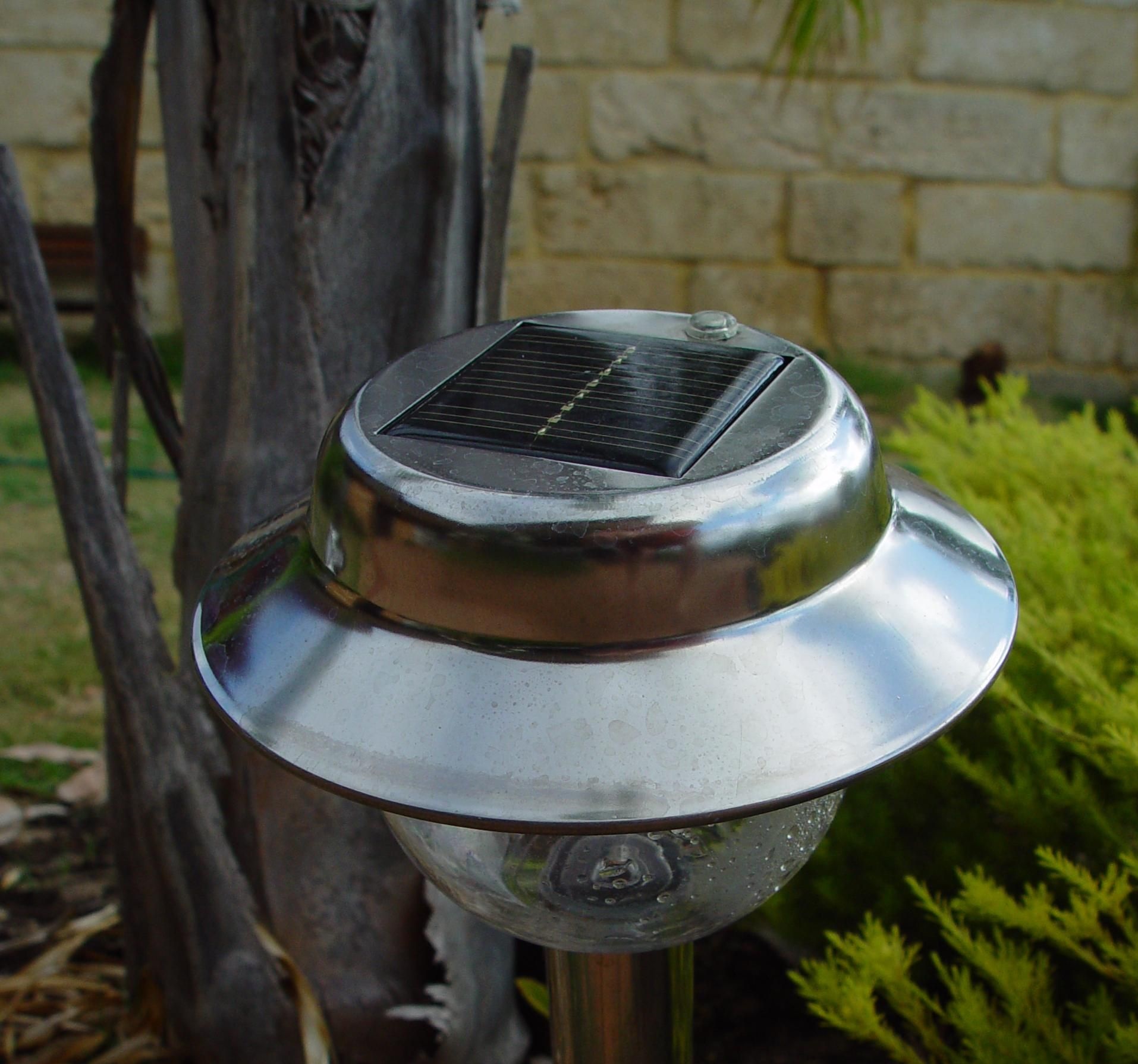Solar panels are an excellent investment to reduce your carbon footprint and save money on energy costs. To ensure your solar panels are working correctly, you must regularly test them. Doing this can help you identify problems early and get the highest output from your system.
Testing solar panels can be daunting if you have no electrical background. You might need to call a professional to perform the task. However, if you want to give it a shot, you can use a multimeter.
In this article, I share how to determine if your solar panels are working properly and what you should look for when testing them.
How To Know If Your Solar Panels Are Working Properly
Measuring the performance of your solar panels with a photovoltaic (PV) tester will give you a clear indication of whether your panels are working properly. A PV tester measures the voltage and current output of the panel, as well as the temperature and irradiance. These metrics can help you determine whether your solar panel is working at its maximum efficiency.
You should pay attention to the following metrics when interpreting the data you collect during testing:
- Voltage: The voltage output of a solar panel should be consistent with the panel’s rated voltage. Voltage is the electrical potential difference between two points in a circuit. If the voltage output is consistently lower than the rated voltage, this may indicate a problem with the panel.
- Current: The current of a solar panel refers to the flow of electricity in a circuit. The current output should be consistent with the panel’s rated current.
- Temperature: The temperature of a solar panel can affect its performance. As the temperature increases, the panel’s efficiency decreases. It’s essential to monitor the temperature of your solar panel during testing to ensure that it’s within the optimal range.
- Irradiance: The irradiance level refers to the amount of sunlight hitting the solar panel. The level of irradiance can affect the performance of a solar panel. A higher irradiance level will produce more energy.

The Relationship Between Metrics
Understanding the relationship between these metrics can help you perform more accurate tests. Here’s what you should keep in mind:
- A solar panel’s voltage and current output depend on several factors, including temperature and irradiance levels.
- As the temperature of the panel increases, the voltage output will decrease while the current output will increase.
- As the irradiance level increases, the voltage and current output will increase, leading to higher overall energy output.
To get the most accurate measurements, it’s important to simultaneously measure the temperature and irradiance level with the voltage and current output. You can do this by using a pyranometer. This device measures the amount of sunlight hitting the panel, and its temperature sensor measures the panel’s temperature.
Interpreting The Data
Comparing the data you gather from testing to the panel’s rated specifications is essential.
If the voltage and current output are consistently lower than the rated specifications, this may indicate a problem with the panel. However, it’s important to note that some variation in production is normal and can be influenced by factors like weather conditions and time of day.
You should also keep track of the data over time. This can help you identify any trends or changes in performance that may indicate a problem.
What To Look for When Testing a Solar Panel
Before you test your solar panels, you should understand their various components. This will help you know what to look for when testing each one. The three main components of a solar panel are the solar cells, the wiring, and the glass covering.
When testing a solar panel, you should look for the following issues:
Broken or Cracked Glass: Cracks or breaks in the glass covering can reduce the efficiency of a solar panel. If the damage is severe, your solar panel can stop working altogether.
Corroded or Damaged Wiring: Damaged or rusty wiring can cause a drop in performance. If the corrosion or damage is advanced, it could create a fire hazard.
Broken or Damaged Solar Cells: Reduced efficiency is common when solar cells are broken or damaged. You should also look for the presence of hot spots. Hot spots occur when one or more solar cell on the panel becomes significantly hotter than the surrounding ones. Shading and malfunction is commonly the culprit.
When inspecting the solar cells, you should look for discoloration, cracks, or any other signs of damage.
Note: Solar panels can degrade over time. You should perform regular maintenance tests to ensure optimal performance.
The Benefits of Regularly Testing Your Solar Panels
Solar panels are constantly exposed to environmental elements. Testing them regularly can help ensure optimal performance. Here are a few reasons why doing this is beneficial:
- You can identify physical damage early: Simple scratches or cracks can impact the overall performance of your solar panels.
- You can discover how efficient your solar setup is: If your solar panels are underperforming, you can work with your technician to identify the cause. Knowing the output of your system will also help you budget for energy costs better.
- You can decrease fire risks: If electrical components of your solar panel malfunction, it could create a fire risk. Regular testing can help prevent this.
- You can increase your system’s longevity: Regularly testing your solar panels can help you identify problems early for a quick fix before severe damage occurs.
- You can increase your system’s output: If the problem with your solar panel’s low output is apparent, you can work with a technician to improve it.
In Ending
Solar panels that work properly deliver a higher return on investment. If you perform regular maintenance tests on your panels, you can get the most out of your green energy system. Whether you want to be entirely off the grid or use your solar system as a backup, doing these tests are beneficial.
If this article was helpful, let me know in the comments! Additional questions are also welcome.



